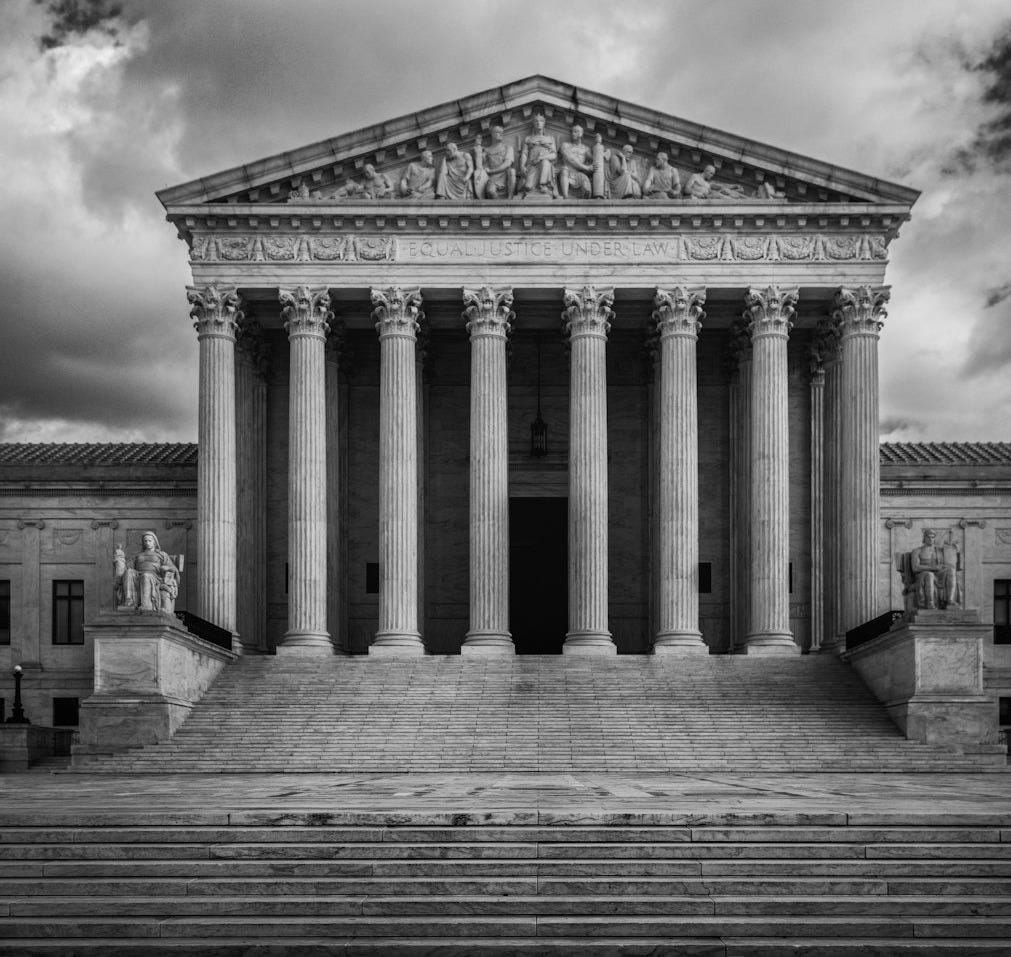Can U.S. Courts Discriminate Against Whites And Heterosexuals?
Five federal circuit courts require straight and/or white victims of discrimination to meet a higher standard to avoid having their cases dismissed. The U.S. Supreme Court will review the issue.

Ed. note: A unanimous Supreme Court on June 4, 2025 sided with an Ohio woman who claims she didn’t get a job and then was demoted because she is straight. Henceforth, appeals courts cannot set a higher bar for members of a majority group, including those who are white and heterosexual, to sue for discrimination under f…

